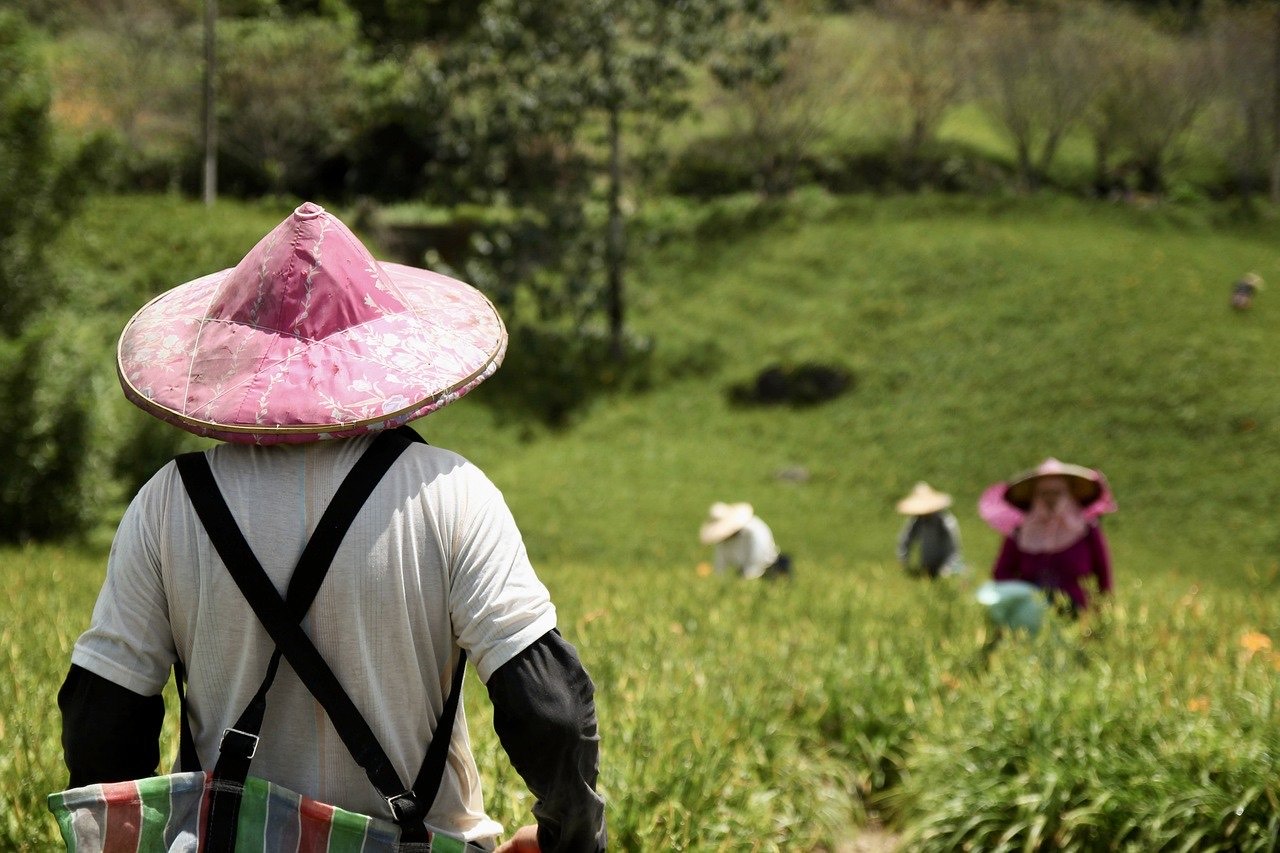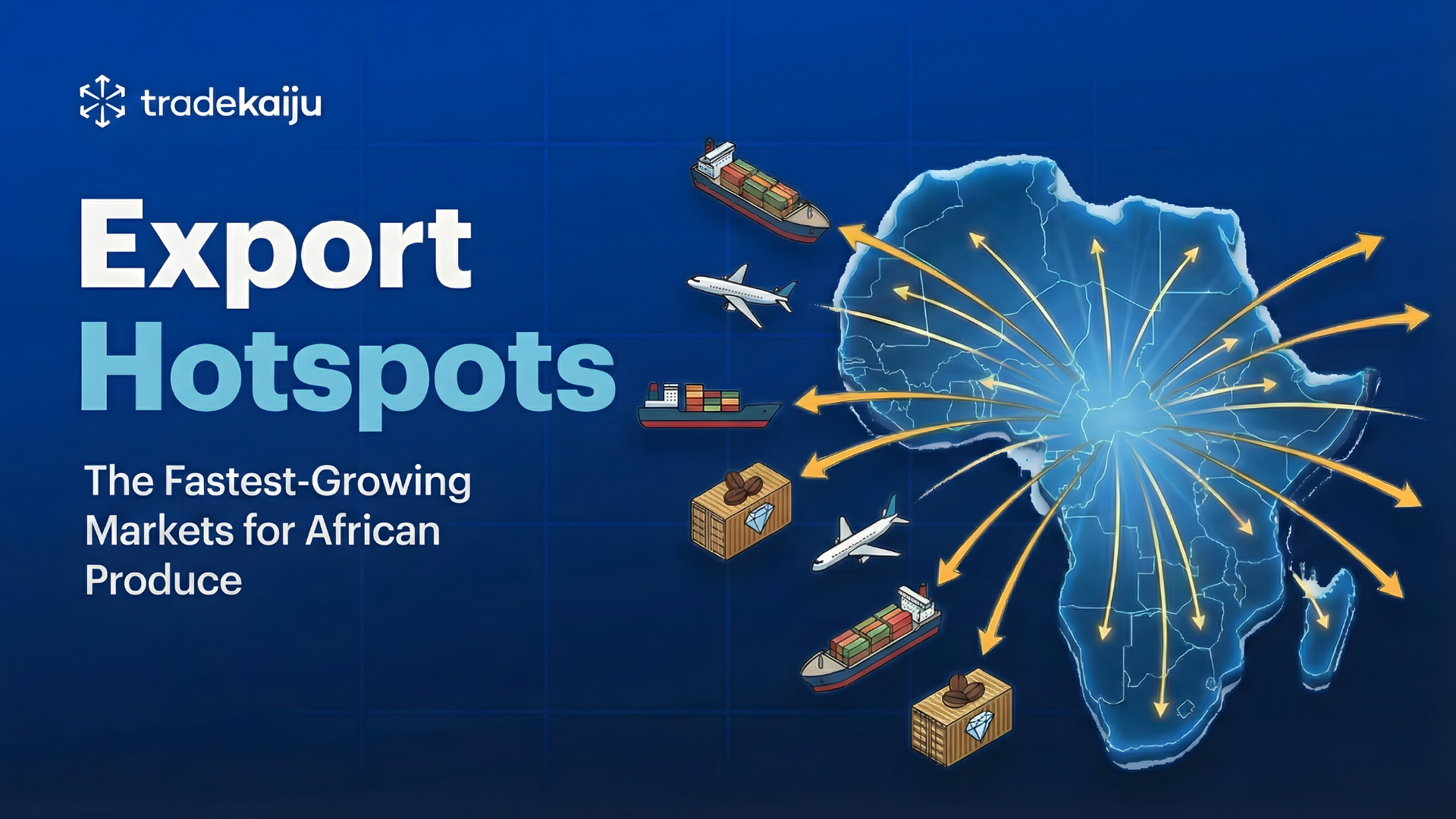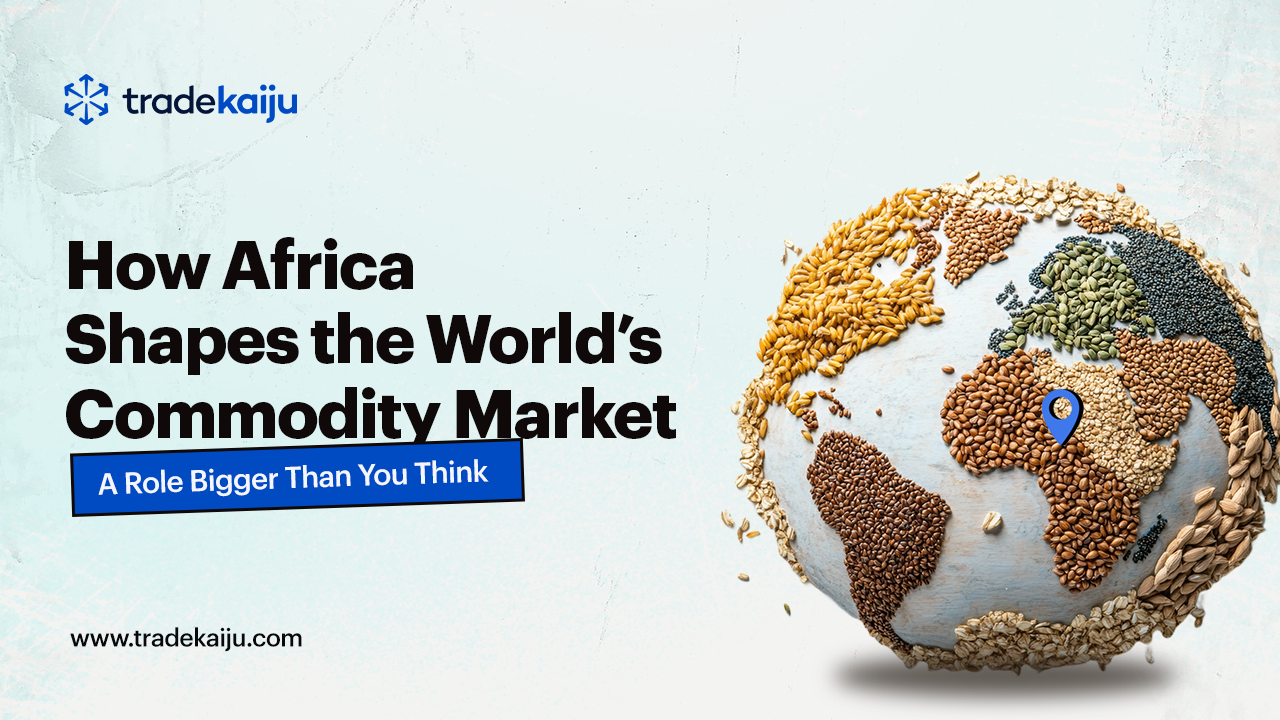Sustainable Farming Practices and Their Impact on Trading
Date Posted: 2024-11-05 22:45:10

In today’s agricultural landscape, sustainable farming practices have become a priority for many producers, and consumers alike. As the demand for eco-friendly and ethically produced goods rises, adopting sustainable methods can give farmers a competitive edge in both local and international markets.
What is Sustainable Farming?
Sustainable farming is an approach to agriculture that aims to produce food in a way that is environmentally, economically, and socially responsible. It emphasizes minimizing environmental impact while maintaining productivity. This includes practices such as:
Reducing the use of synthetic fertilizers and pesticides, and focusing on natural alternatives like compost and biological pest control to protect crops. This appeals to health-conscious consumers seeking organic products, which are often priced higher in markets.
Preserving soil fertility through crop rotation, composting, and reduced tillage. This reduces dependency on chemical fertilizers, and prevents crop diseases from spreading.
Conserving water through effective irrigation and rainwater harvesting. Efficient water management is essential to reduce costs and increase productivity, particularly to regions prone to drought.
Protecting biodiversity by maintaining natural habitats and minimizing the use of genetically modified crops. Integrating trees into farmland offers environmental benefits like erosion control and improved water cycles. It also diversifies income streams, as farmers can trade both timber and crops. Supporting local communities and farmer livelihoods through fair trade and equitable labor practices.
Supporting local communities and farmer livelihoods through fair trade and equitable labor practices.
How Sustainable Farming Impacts Trade
Market Demand for Sustainable Products:
The rise in consumer awareness has increased demand for sustainably sourced food and commodities. Buyers—especially in international markets—prefer products labelled organic, fair trade, or eco-friendly, giving sustainably produced goods a trading advantage.Improved Market Access:
Adopting sustainable practices helps farmers and traders gain access to premium markets, including certifications like USDA Organic, Fair Trade, or Rainforest Alliance. These certifications often allow producers to charge higher prices.Cost Efficiency and Profitability:
While sustainable farming might require higher initial investments, it reduces long-term production costs by minimizing the use of synthetic inputs and improving soil fertility. This efficiency helps farmers maintain competitive pricing in both local and global markets.Global Trade Policies and Sustainability:
Many countries now incorporate sustainability into trade agreements. Exporters adhering to sustainable practices are more likely to meet international standards, avoid trade restrictions, and build lasting business relationships.
In conclusion, sustainable farming practices should be incorporated by farmers and producers of agricultural products. These practices can have a positive impact on the environment and on the bottom line, can help to meet the growing demand for sustainably produced products.
Similar Blog Posts

In today’s fast-moving trade environment, guessing is no longer a strategy. Gone are the days when traders relied sole

Africa’s agricultural sector is on the rise, and so is global demand for its produce. As the continent continues to bu

Africa isn’t just a participant in the global commodity market, it’s a driver. The continent holds: 30% of the worl